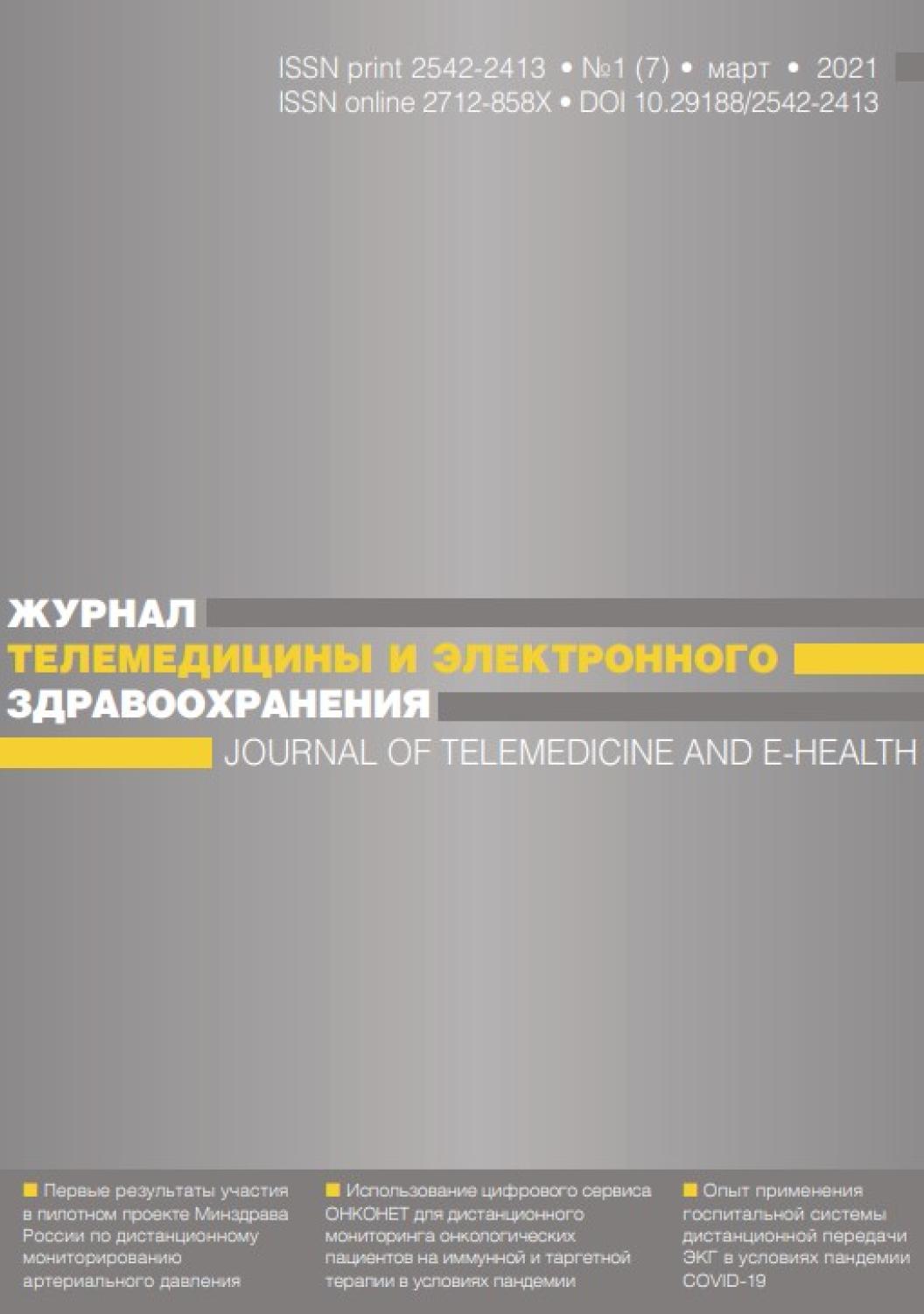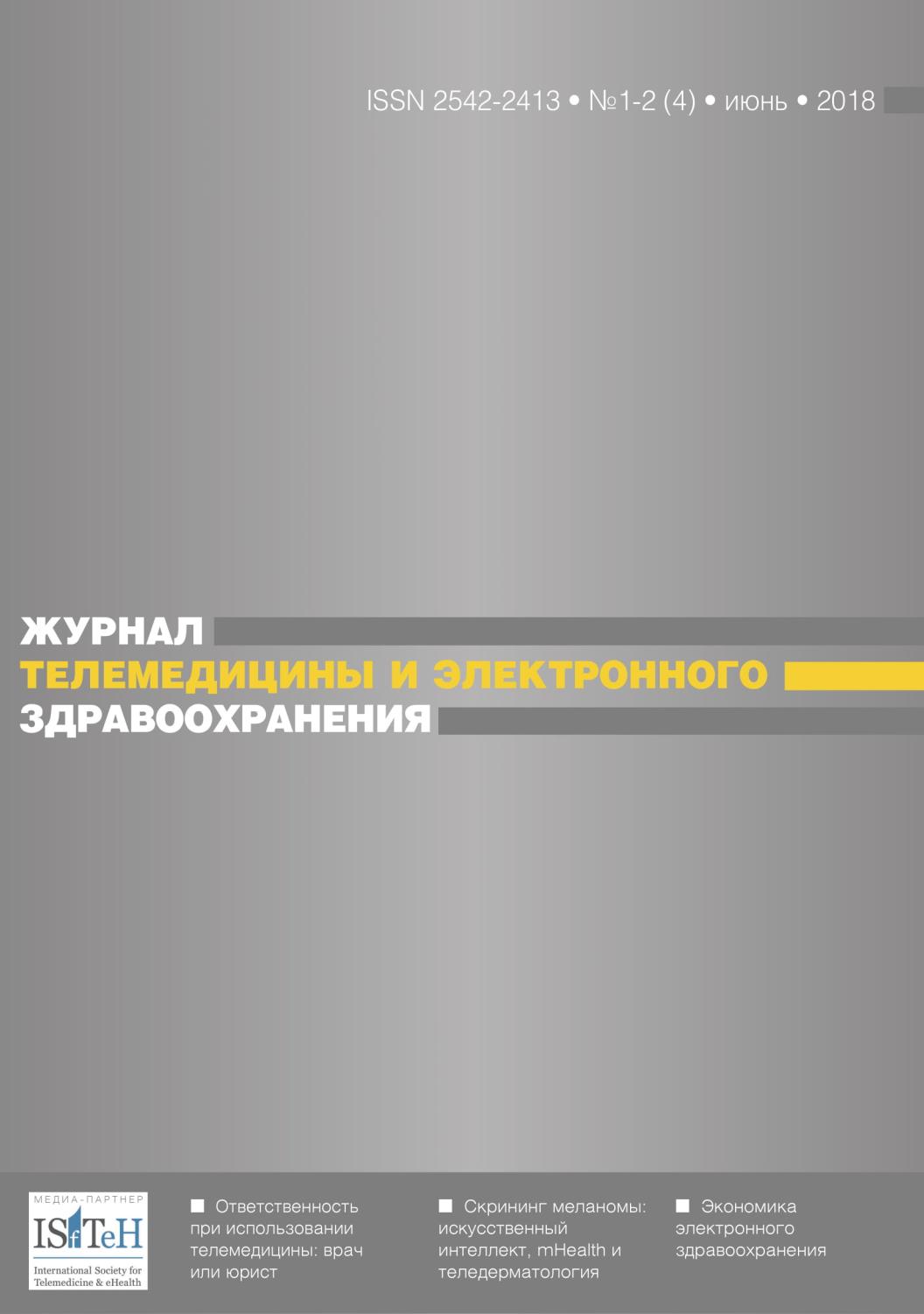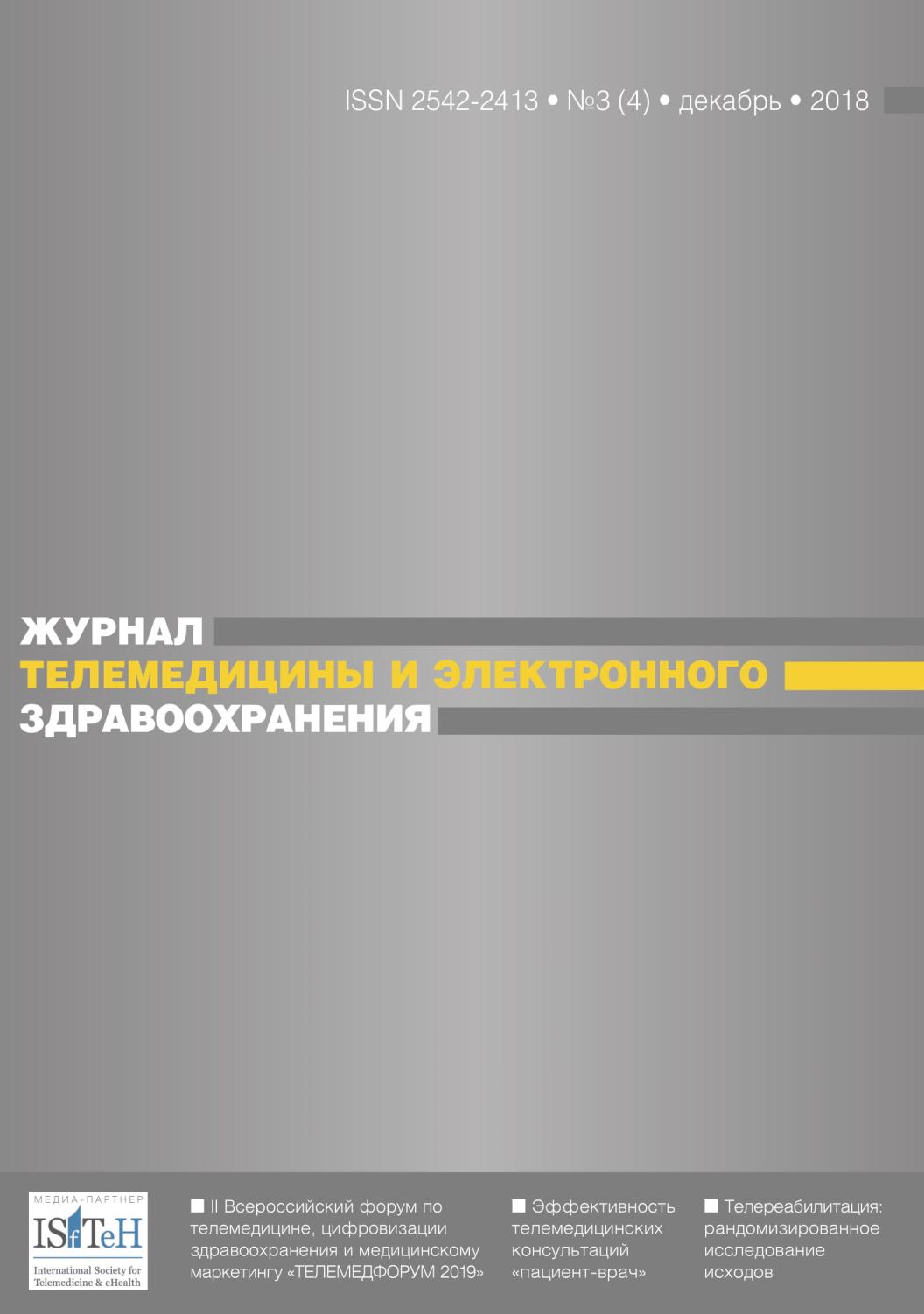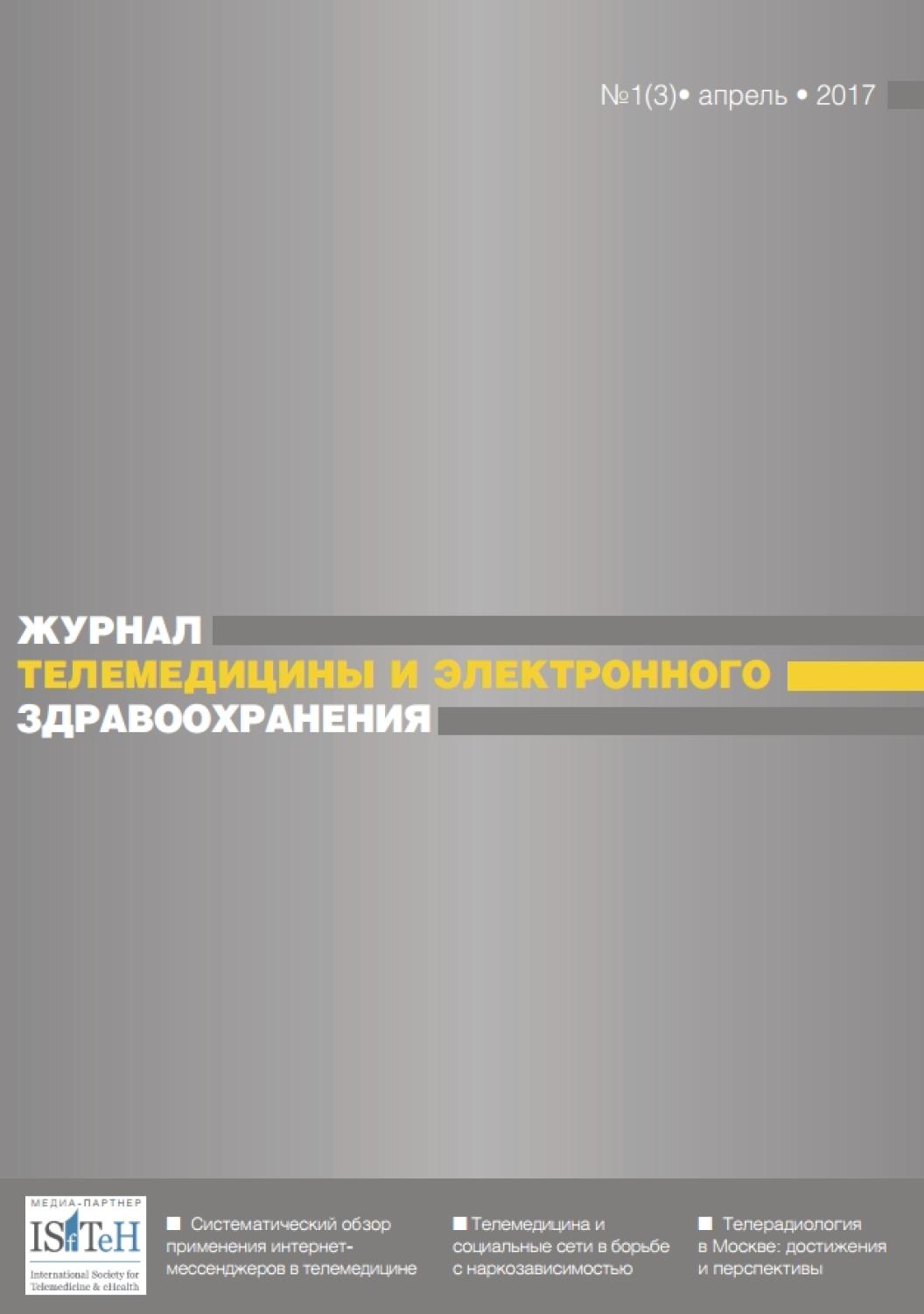Introduction: Over the past year, the frequency of visits by patients with functional gastrointestinal disorders, including irritable bowel syndrome, has significantly increased.
Materials and methods. This article presents for the first time a schematic summary of the factors involved in the pathophysiology of irritable bowel syndrome in the context of the nervous system-bowel axis.
Results. A General algorithm for the treatment of irritable bowel syndrome is described, which includes a psychological examination of the patient and cognitive behavioral psychotherapy (CBT). The vicious circle of gastrointestinal specific anxiety is clearly shown. Based on the analysis of foreign clinical recommendations for the treatment of IBS, it is shown that the" gold standard "of psychological treatment is «face-to-face» and remote CBT. The advantages and disadvantages of the remote form of CBT are presented. Psychotherapeutic targets are systematized and the structure of the protocol of CBT is described in detail. The forms of remotecontrol protocols of the СBT and their effectiveness are detailed. The protocol of remote psychological test of a patient with IBS is presented.
Conclusions. Distance cognitive-behavioral psychotherapy has the following advantages: geographic independence; personalization of treatment according to the needs of the patient; availability of ongoing patient support; lowering physical and psychosocial barriers; greater coverage of patients with the ability to track dynamics; clinical and cost-effectiveness. Remote CBT should be included in the gold standard treatment for refractory irritable bowel syndrome.
Conflict of interest. The author declare no conflict of interest.


































